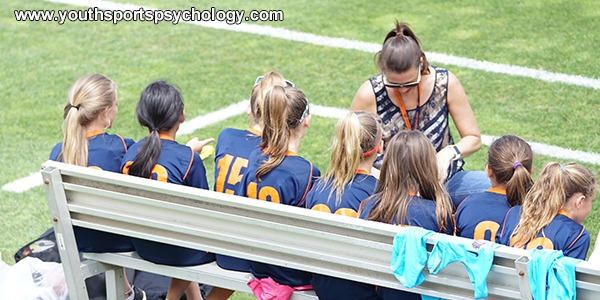
Setting Positive Sports Goals For The New Year
As a new year begins, you want to help your athlete set appropriate goals for their athletic activities this year.
Goal setting is an essential piece of the sports child’s mental game.
As Michael Jordan said:
“You have to know your goals before you can do them.”
Setting appropriate goals is a fundamental part of growing as an athlete, and without them your sports kids’ improvement may stall out, especially relative to peers who are setting goals.
Goal setting enhances young athletes’ commitment to their sport and motivation to improve, giving them tangible steps toward improving.
Further, goal setting lets your sports kids know WHAT they want to accomplish and streamlines the practice time working toward their goals.
Part of the goal-setting process is helping your young athletes focus on their current strengths and weaknesses and track the improvements in these areas.
Proper goal setting requires honest reflection about kids’ existing game.
The first goals that your children must set are their long-term or “dream goals.”
These are the goals that cover years out in the future, such as breaking records, winning championships, or receiving scholarships.
In addition, it’s important to set short-term (to be met this month), intermediate (to be met in the next six months) and process goals.
For process goals, kids should focus on solid passes in soccer, or mental game goals, such as staying in the present.
You and your sports kids will need to take an honest look at their existing abilities to set short-term, intermediate, and process goals.
Identifying kids’ strengths and weaknesses will help determine what to focus on.
These shorter-term goals should be attainable and should help identify a clear path to your children’s intermediate and dream goals.
Make sure to make these goals positive, such as, “I will,” and avoid any negative goals, such as, “I will not strike out,” or, “I will not let the opposing player score on me.”
These negative goals are called “avoidance goals,” which only help your children focus on what NOT to do.
Instead, when setting goals, your athletes focus on what they want to do!
Finally, kids need to think about goal getting strategies.
How will your athletes strive for their goals daily in practice and training?
Please contact us if you have any questions about goal setting and goal getting!
Related Articles on Youth Sports:
*Subscribe to The Sports Psychology Podcast on iTunes
*Subscribe to The Sports Psychology Podcast on Spotify
The Composed Sports Kid

“The Composed Sports Kid” audio and workbook digital download program for young athletes and their parents or coach helps kids cope with frustration and anger in sports. Help your sports kids learn how to manage expectations and let go of mistakes so they can keep their head in the game.
The Composed Sports Kid system is really two programs in one–one program to train parents and coaches how to help their kids practice composure, and one program that teaches young athletes–ages 6 to 13–how to improve composure, let go of mistakes quickly, have more self-acceptance, and thus enjoy sports more!
